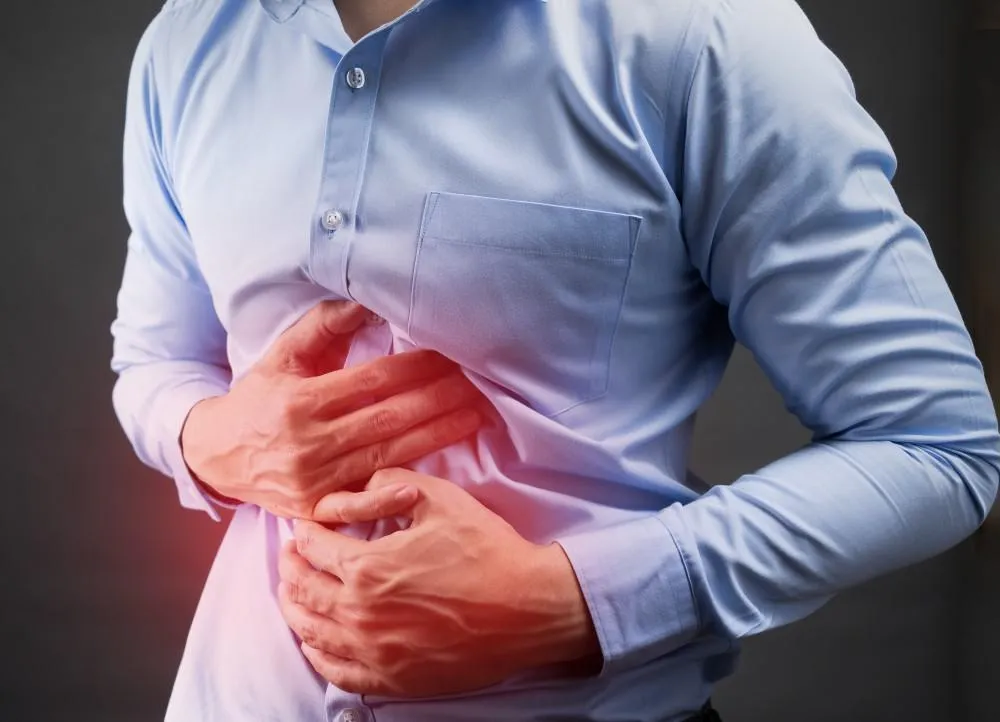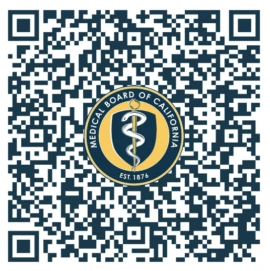If you’re experiencing pain in your chest after eating, when lying down, or when going to sleep, you may be dealing with heartburn. Other symptoms of heartburn include a bitter or acidic taste in your mouth, bad breath, and a raspy voice.
Heartburn occurs when the acid in your stomach climbs up into your esophagus because the valve in your esophagus fails to close. Almost everyone experiences heartburn at some point in their lives, but if it becomes chronic, it’s referred to as gastroesophageal reflux disease (GERD).
Our experts at Digestive Disease Consultants of Orange County regularly treat heartburn and GERD for patients throughout Orange County, California. Here are some ways you can reduce your symptoms from the comfort of your home.
Keep a diary of food triggers
Everyone’s heartburn triggers are different. Keeping a diary of how you feel after certain meals can help you identify your triggers and avoid them in the future.
Some common heartburn triggers include:
- Chocolate
- Peppermint
- Raw onions
- Raw garlic
- Spicy foods
- Carbonated drinks
- Coffee
- Alcohol
Other triggers can be behavioral, including lying down right after finishing your meal, eating large meals, and wearing tight clothes around your stomach.
Maintain a healthy weight
Your risk of developing heartburn and GERD increases if you are overweight or obese. Excess weight around your belly can cause the valve in your esophagus to relax, allowing stomach acid to climb up and damage the esophagus.
Over time, if stomach acid continues to climb up, your esophagus narrows and your esophageal tissue becomes irritated and inflamed. According to recent studies, even a modest weight loss goal of 5% to 10% of total body weight can significantly improve heartburn in obese patients.
Quit smoking cigarettes
Nicotine acts as a relaxant to the smooth muscles in your body. The valve that blocks acid from entering the esophagus is made of smooth muscle, smoking cigarettes may be increasing your risk for heartburn.
Additionally, if you already have heartburn and continue smoking, you may have a heightened risk of developing GERD. Luckily, long-term studies show that quitting cigarettes decreases the severity of heartburn and GERD symptoms.
Elevate your head during sleep
After some time, heartburn can permanently damage the valve that prevents acid from entering your esophagus. However, you can use gravity to keep the acid out of your esophagus by elevating your neck and head when you sleep.
You can lift the head of your bed using blocks or use special wedge-shaped pillows. Aim for an elevation of four to six inches to avoid heartburn during sleep.
Avoiding GERD complications
Sometimes lifestyle changes aren’t enough to keep heartburn at bay. We offer a number of treatment options for heartburn and GERD, including taking medications that reduce your stomach acid.
If you suffer from chronic heartburn, contact us to schedule an appointment. With multiple offices throughout the Orange County area, our experts can get to the bottom of your symptoms and put together a personalized treatment plan.



